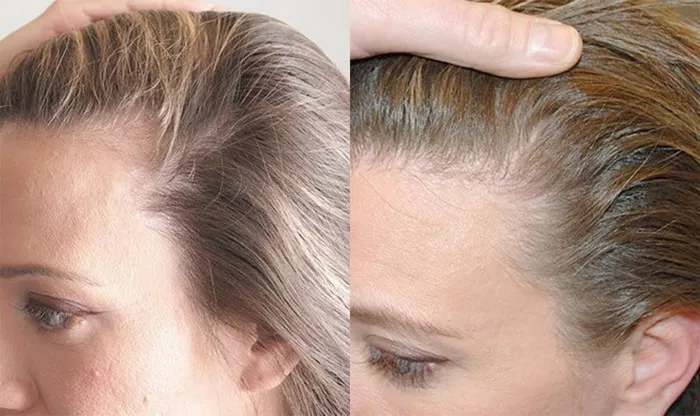Hair transplant procedures have gained popularity as a transformative solution for hair loss. While these procedures offer promising results, it’s important to acknowledge that, like any medical intervention, there are potential risks involved. One such risk is the possibility of nerve damage. In this article, we’ll explore the relationship between hair transplants and nerve damage, offering insights into how these risks can be minimized and addressed.
What is Nerve Damage?
Nerve damage, also known as neuropathy, occurs when nerves are injured or impaired, disrupting their normal function. This can lead to a variety of symptoms, including pain, numbness, tingling, weakness, and loss of sensation in the affected area. Nerve damage can result from various causes, such as trauma, compression, diseases like diabetes, infections, autoimmune disorders, and certain medications. Depending on the type and severity of nerve damage, symptoms can range from mild discomfort to severe pain and functional impairment. Proper diagnosis and treatment, often involving medical interventions, physical therapy, and lifestyle adjustments, are crucial for managing nerve damage.
Can Hair Transplant Surgery Cause Nerve Damage?
Hair transplant surgery, particularly the Follicular Unit Transplantation (FUT) technique, can potentially cause temporary nerve damage due to the nature of the procedure. The removal of a strip of donor scalp tissue in FUT might lead to numbness or altered sensation around the donor area, but this is usually temporary and improves over time. With careful surgical techniques and proper wound healing, permanent nerve damage is rare. In Follicular Unit Extraction (FUE), the risk of nerve damage is lower as individual hair grafts are extracted. Skilled surgeons prioritize patient safety and minimize potential risks during the procedure.
Symptoms of Nerve Damage:
What to expect if nerve damage occurs Symptoms:
1. Numbness or Tingling:
Nerve damage can lead to numbness or tingling sensations in the scalp or affected areas. These sensations may be temporary or, in some cases, persistent.
2. Changes in Sensation:
Loss of sensation or altered sensitivity in the scalp can be indicative of nerve damage. Monitor any changes and report them to your medical provider.
3. Discomfort or Pain:
Unexplained discomfort or pain in the scalp, particularly near the site of the hair transplant, should be discussed with your surgeon.
Mitigating Risks and Precautions:
Here are some steps to help reduce your risk of nerve damage:
1. Choose a Qualified Professional:
Opt for a reputable clinic with experienced surgeons who specialize in hair transplant procedures. Skilled professionals are more likely to take the necessary precautions to avoid nerve damage.
2. Preoperative Evaluation:
A comprehensive preoperative evaluation should be conducted to assess your scalp’s anatomy and the location of nerves. This helps surgeons avoid damaging sensitive nerves during the procedure.
3. Precision and Technique:
Surgeons should use meticulous techniques that minimize the risk of nerve damage. Microscopic tools and advanced technology can contribute to precise incisions and minimize the potential for complications.
4. Communication with Surgeon:
Prior to the procedure, communicate any concerns about nerve damage with your surgeon. An open discussion can help them tailor their approach to your individual needs.
5. Monitoring During Recovery:
After the procedure, closely follow your surgeon’s postoperative instructions. If you experience unexpected sensations or discomfort, promptly inform your medical team.
Seeking Professional Care:
If you suspect nerve damage following a hair transplant, consult a medical specialist, such as a neurologist or a dermatologist. They can conduct evaluations and recommend appropriate management.
Promptly addressing nerve damage increases the likelihood of successful intervention and potential recovery. Early assessment and treatment are crucial.
See Also: Resuming Walking After Hair Transplant: Timing & Consideration
Conclusion:
While hair transplant procedures offer transformative benefits, there is a possibility of nerve damage associated with the incision process. By choosing qualified professionals, engaging in open communication, closely following postoperative instructions, and promptly addressing any concerns, you can minimize the risks associated with nerve damage.
Remember that the majority of hair transplant procedures are successful and complications are relatively rare. By making informed decisions, advocating for your health, and collaborating with experienced medical professionals, you can undergo a hair transplant with confidence while prioritizing your well-being.


